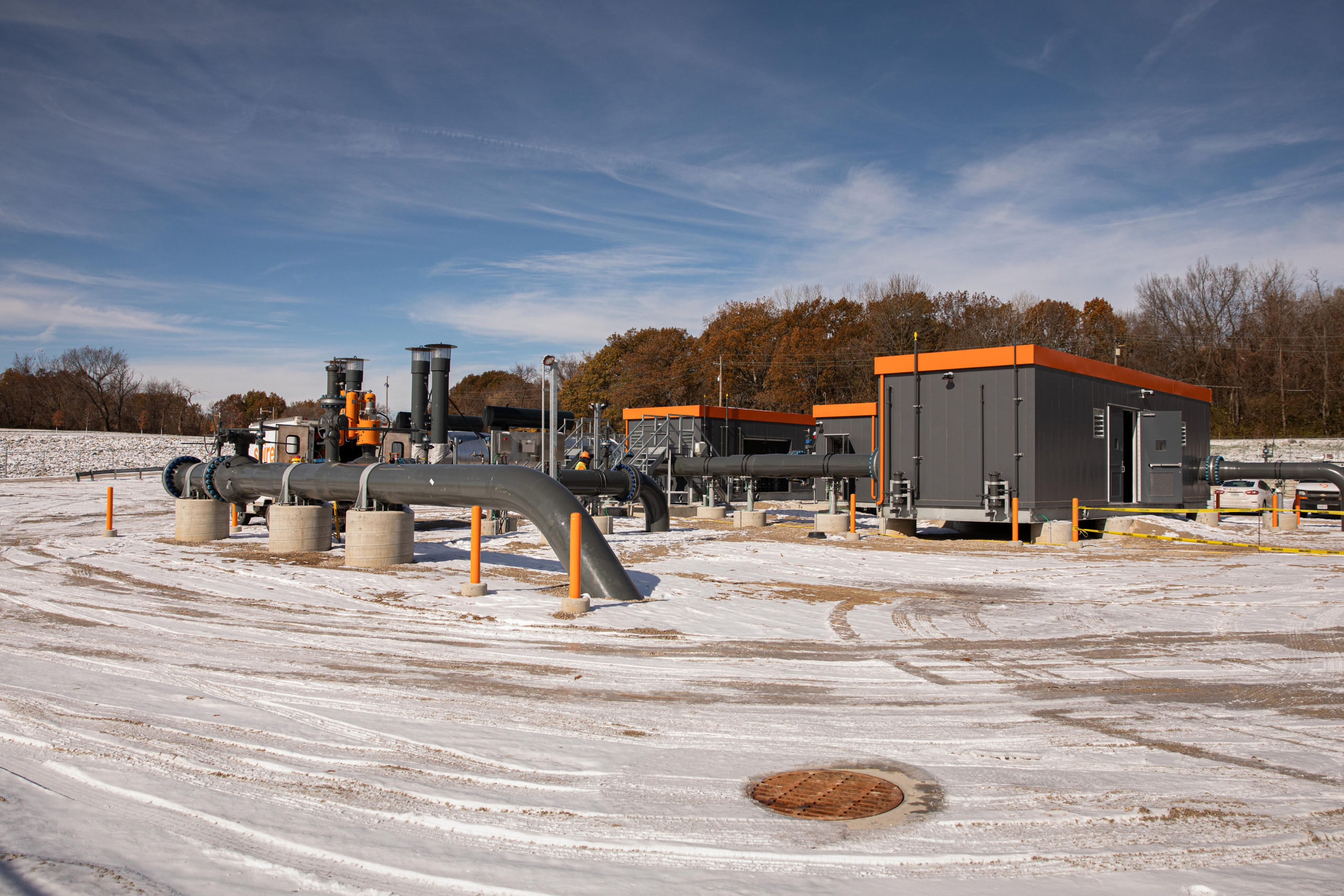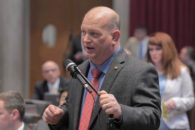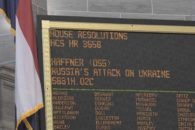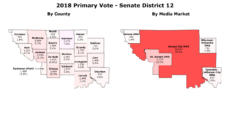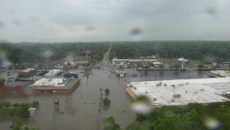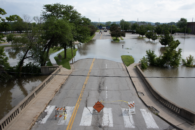A federal court declined Spire Missouri’s request for a rehearing over its STL Pipeline Tuesday, but the company is continuing its pursuit of a regulatory solution.
A three-judge panel on the U.S. Court of Appeals for the D.C. Circuit vacated the project’s approval by the Federal Energy Regulatory Commission (FERC) in June, remanding the issue back to the commission two years after the 65-mile pipeline began providing natural gas service to the St. Louis area. Spire applied for a rehearing before the full court last month, but the request was denied by the three judges Tuesday.
Spire has pursued multiple avenues to keep the pipeline operational since it was halted, including the application for a rehearing and an attempt to secure an emergency certificate to keep the pipeline operational through the winter months while FERC considers its fate.
While the pipeline’s team was “disappointed” in the court’s decision, Spire STL Pipeline President Scott Smith said its regulatory efforts have garnered widespread support. More than 50 letters of support had been submitted by businesses, lawmakers, and advocacy groups pushing the commission to approve the emergency certificate. FERC ordered the project to submit additional evidence on the impact of a potential shutdown, which is set to be filed later Tuesday.
“Customers who rely on the STL Pipeline need assurances this critical infrastructure can continue to deliver reliable and affordable energy supply,” Smith said in a statement to The Missouri Times. “Today, STL Pipeline will file our response to the FERC’s data request in support of this application. We are confident that when people have an opportunity to review the proven benefits of the STL Pipeline, they will agree that there is a critical need for this infrastructure to ensure continued access to reliable, affordable energy for homes and businesses in the greater St. Louis region.”
Members of Missouri’s congressional delegation and the Public Service Commission (PSC) were among those supporting the emergency application.
The Environmental Defense Fund (EDF) initially sued, arguing FERC failed to prove the pipeline’s benefits would outweigh its environmental impact. The group applauded the court’s decision Tuesday and noted “serious deficiencies” with the emergency application; it also called on FERC to apply a more stringent review of future projects to reduce environmental effects.
“The court has appropriately rejected the request to revisit its initial decision,” said Natalie Karas, EDF’s senior director and lead counsel. “FERC has the authority and fact-finding tools to craft a remedy that fulfills the need for reliable service while safeguarding other public interests.”
FERC is led by Richard Glick who opposed the pipeline’s approval when it was before the commission in 2018. Glick took a similar position to EDF’s at the time, arguing Spire and FERC failed to adequately demonstrate the need for the operation.
If taken offline, the project would leave 175,000-400,000 customers in the region without service, with a gap lasting up to 100 days before another source is connected, Spire said. Its filings noted the impact of February’s winter storm and the possibility of mass outages if a similar event were to occur while the system remains in flux.
The PSC is investigating contingencies for customers in case the pipeline is shut down.

Cameron Gerber studied journalism at Lincoln University. Prior to Lincoln, he earned an associate’s degree from State Fair Community College. Cameron is a native of Eldon, Missouri.
Contact Cameron at cameron@themissouritimes.com.

